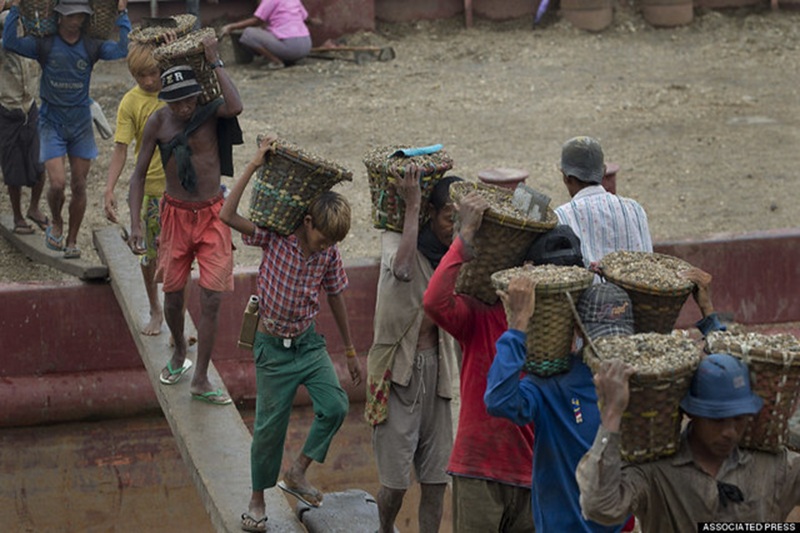
(C): Twitter
With the help of the International Labour Organisation (ILO), Malaysia is increasing its commitments to eliminate forced labour with the development of a new National Action Plan on Forced Labour (NAPFL). During the 18-19 June 2025 meeting in Kuala Lumpur, over 70 stakeholders, including government officials, employers, workers and civil society, assessed the existing plan and the development of a new action plan.
YB Puan Norzawatil Amali binti Alias, Undersecretary of the Policy Division at the Ministry of Human Resources, stressed the importance of developing a meaningful plan which is comprehensive, practical, sustainable and adaptable in today’s fast-changing labour landscape.
Reviewing Progress: Lessons from NAPFL 2021–2025
The current NAPFL (2021–2025) is a framework that will eliminate all forms of forced labour in Malaysia by 2030. The NAPFL is built on four strategic pillars – awareness, enforcement, protection and partnership. Thus, the NAPFL will also focus on enhancing institutional capabilities, taking a victim-centred approach and facilitating cross-sectoral collaboration.
An assessment undertaken by the ILO showed strengths and areas for improvement. It noted some progress in better alignment across national action plans on forced labour, trafficking and human rights and called for improved institutional clarities, information harmonisation and stronger results-orientated monitoring mechanisms.
A New Roadmap for Coordinated Action
The workshop set the course for the next 3–6 months to assist in drafting the new NAPFL. Key priorities were articulating the NAPFL in the context of international labour standards and ensuring inter-agency coordination.
Tuomo Poutiainen, Deputy Director of the ILO Regional Office for Asia and the Pacific, emphasised the importance of shared ownership, highlighting that if all collective stakeholders do not take ownership of the plan, there is no long-term future.
International support has been provided for the initiative, with funding coming from the Government of Canada, Japan’s Ministry of Economy, Trade and Industry and the European Union.
According to global estimates, 25 million people continue to experience forced labour globally, many of whom are migrant workers. Malaysia’s renewed commitment suggests a stronger, united front to tackle this pressing issue.







